Coral IVF
Pioneering science delivers new life to the Reef.
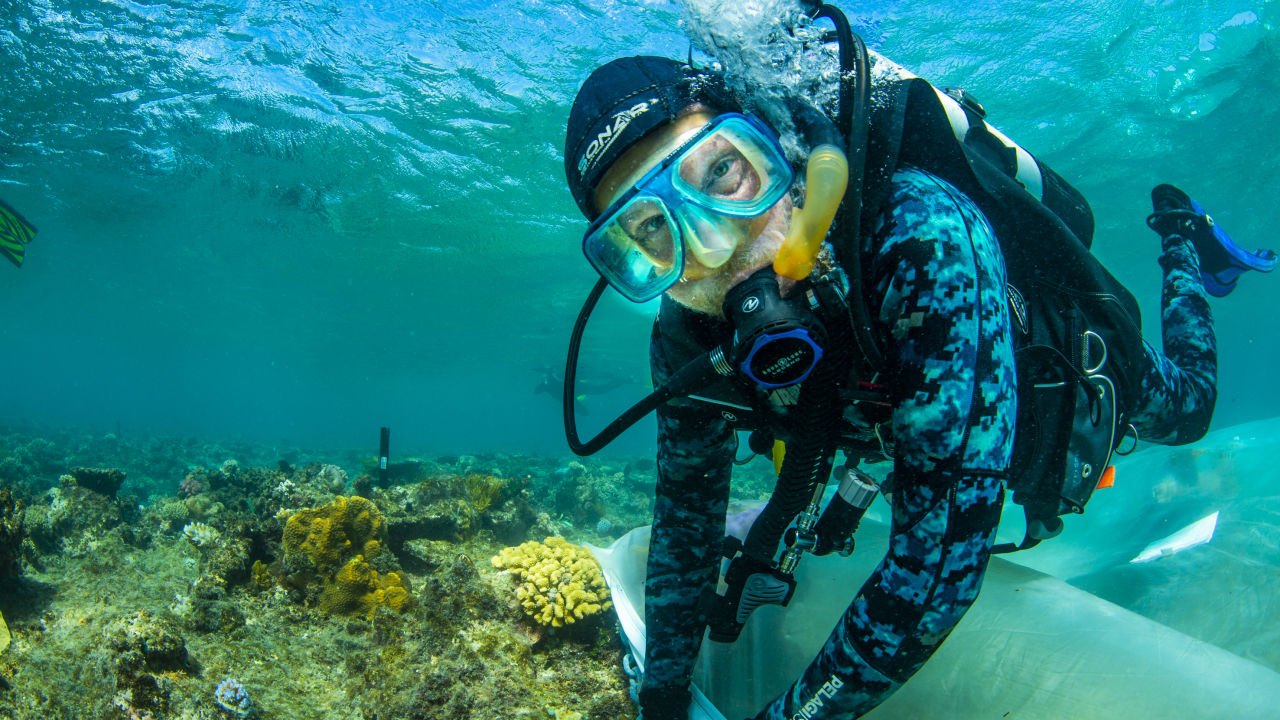
#The project
In a world-first, our researchers have successfully pioneered small-scale coral restoration using a technique dubbed Coral IVF.
Coral only spawns once a year in a natural phenomenon that has been described as an underwater snowstorm with millions of tiny little dots being released into the water. During this event, our researchers capture the coral eggs and sperm from healthy reefs to rear millions of baby corals in specially-designed enclosures on the Reef, and in tanks, before delivering them onto small areas of damaged reefs to restore and repopulate them. The baby corals settle onto those reefs and in years to come, they will grow to dinner plate size and beyond at which point they’ll sexually reproduce and have their own coral babies – re-establishing the breeding population of the damaged reef. The success of this world-leading research not only applies to the Great Barrier Reef but to all coral reefs around the world. We can start to restore and repair damaged coral populations where the natural supply of coral larvae has been compromised. Our research team, led by Southern Cross University’s Professor Peter Harrison, pioneered this innovative technique for the first time on Heron Island in 2016, returning the following year to review the progress and deliver more coral babies. A true innovator in his field, Professor Harrison co-discovered the phenomenon of mass coral spawning more than 35 years ago.
The team expanded the research to the northern parts of the Reef in 2018 and 2019, settling new baby corals at Moore Reef near Cairns.
Further trials are on the horizon as this is a priority innovation to be researched and developed through the world’s largest coral reefs program.
#The process
Floating nurseries prepared
Coral spawning event
Spawn collected
Spawn grows into larvae
Larvae delivered onto damaged reefs
#Project gallery
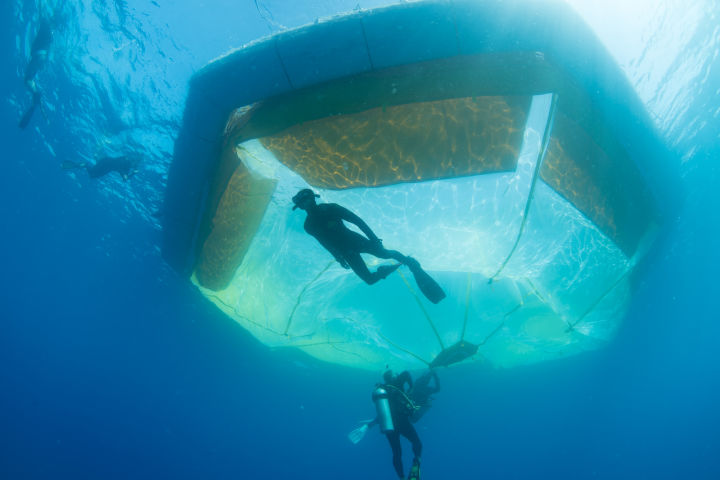
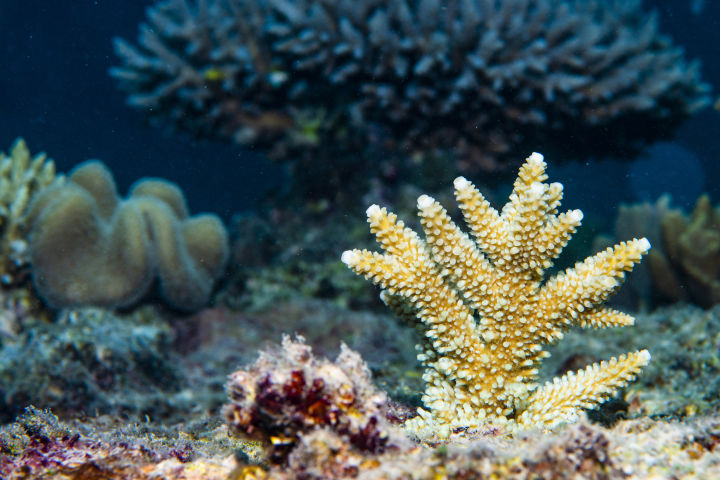

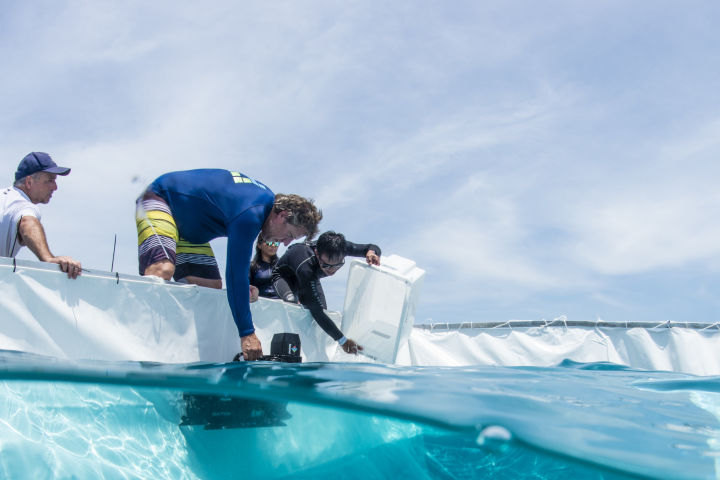
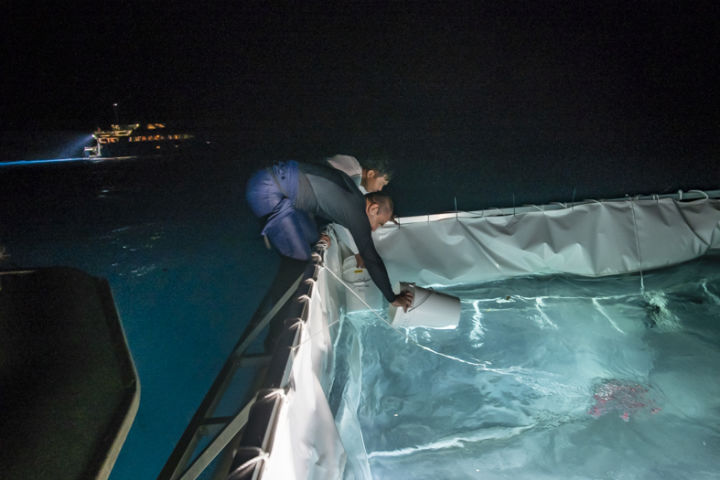
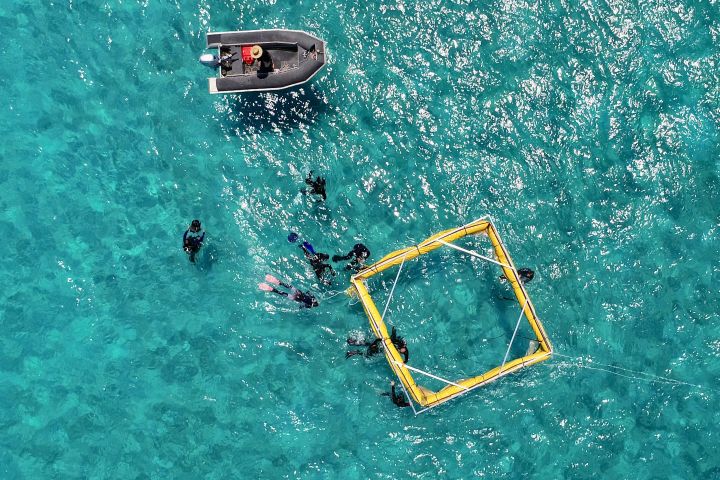
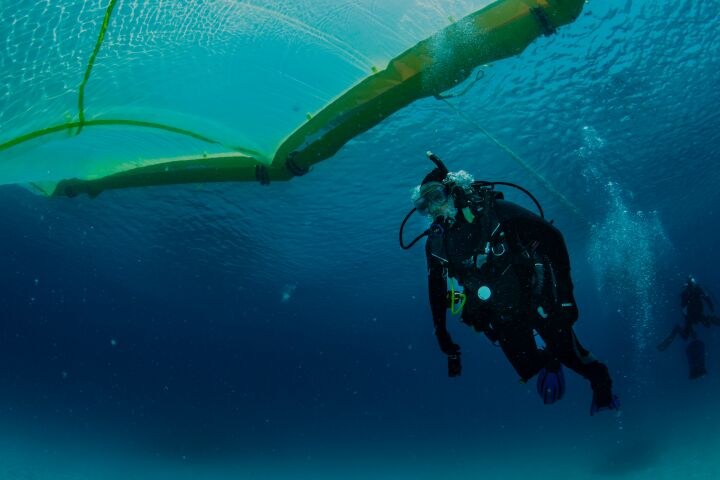
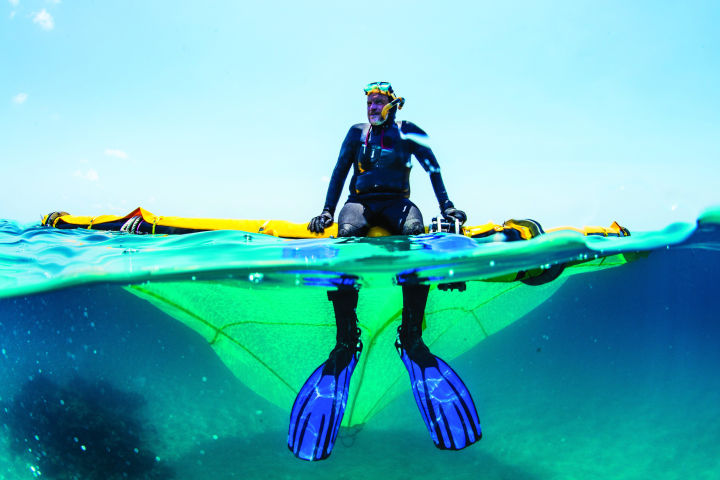
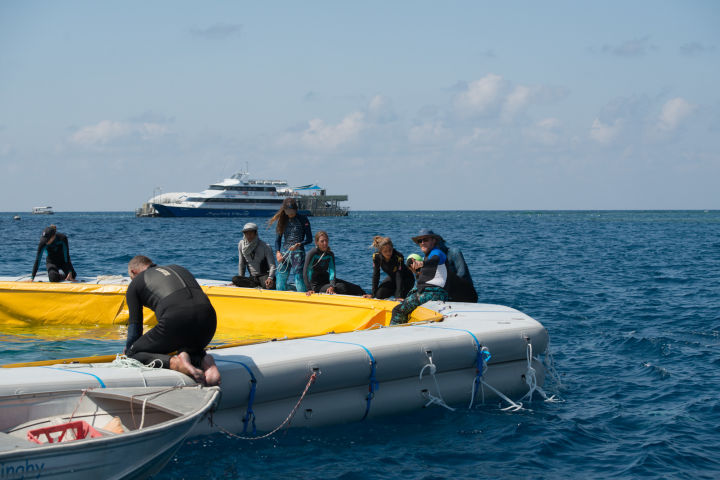
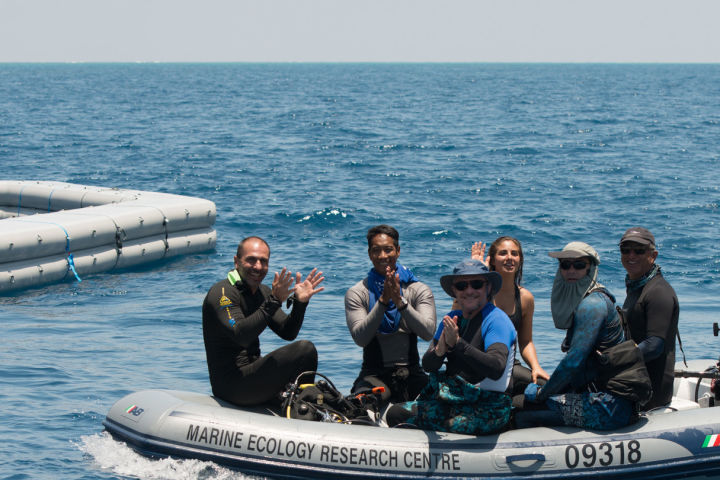

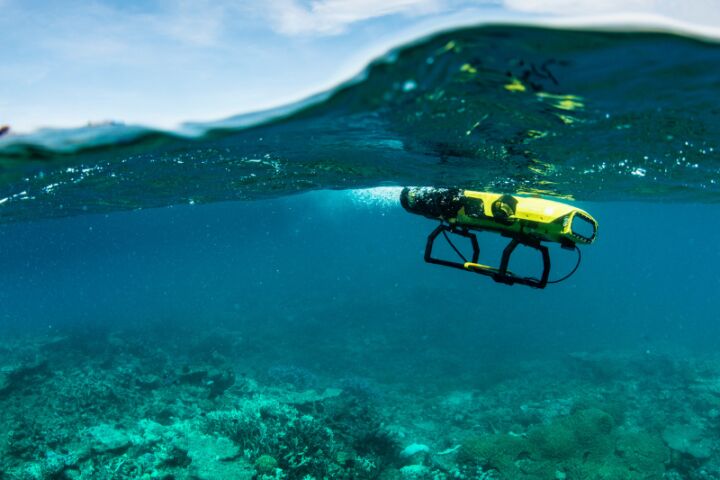
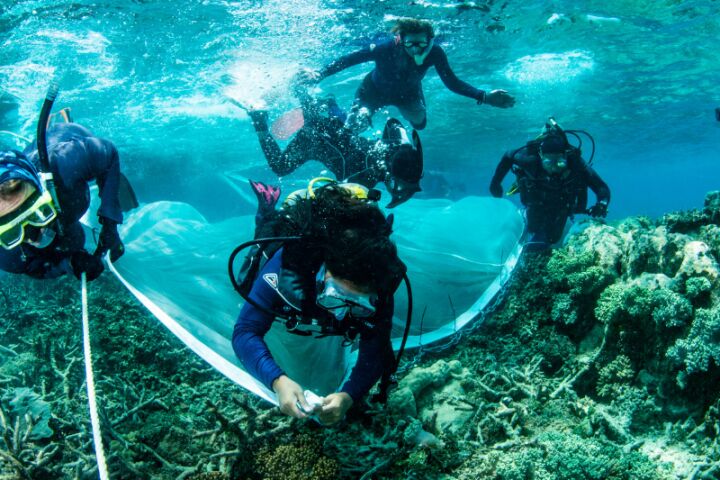
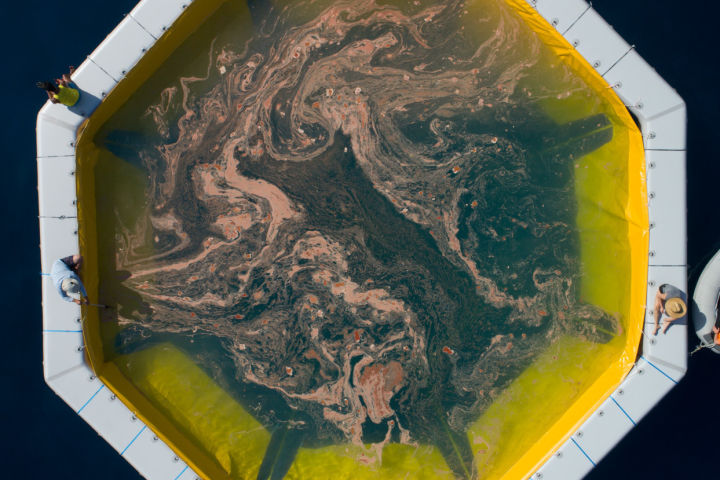
#Project partners
The 2018 Larval Restoration Project (an Advance Queensland Small Business Innovation Research initiative funded by the Queensland and Australian Governments) is a large scale collaboration involving researchers Peter Harrison (Southern Cross University), Katie Chartrand (James Cook University) and David Suggett (University of Technology Sydney), the Great Barrier Reef Marine Park Authority, Queensland Parks & Wildlife Service, Aroona Boat Charters, Argo Expeditions, Biopixel, Reef Magic, Citizens of the Great Barrier Reef, Yirrganydji Land and Sea Rangers, Gunggandji Land and Sea Rangers, Cairns Marine, QUT and the Great Barrier Reef Foundation.



